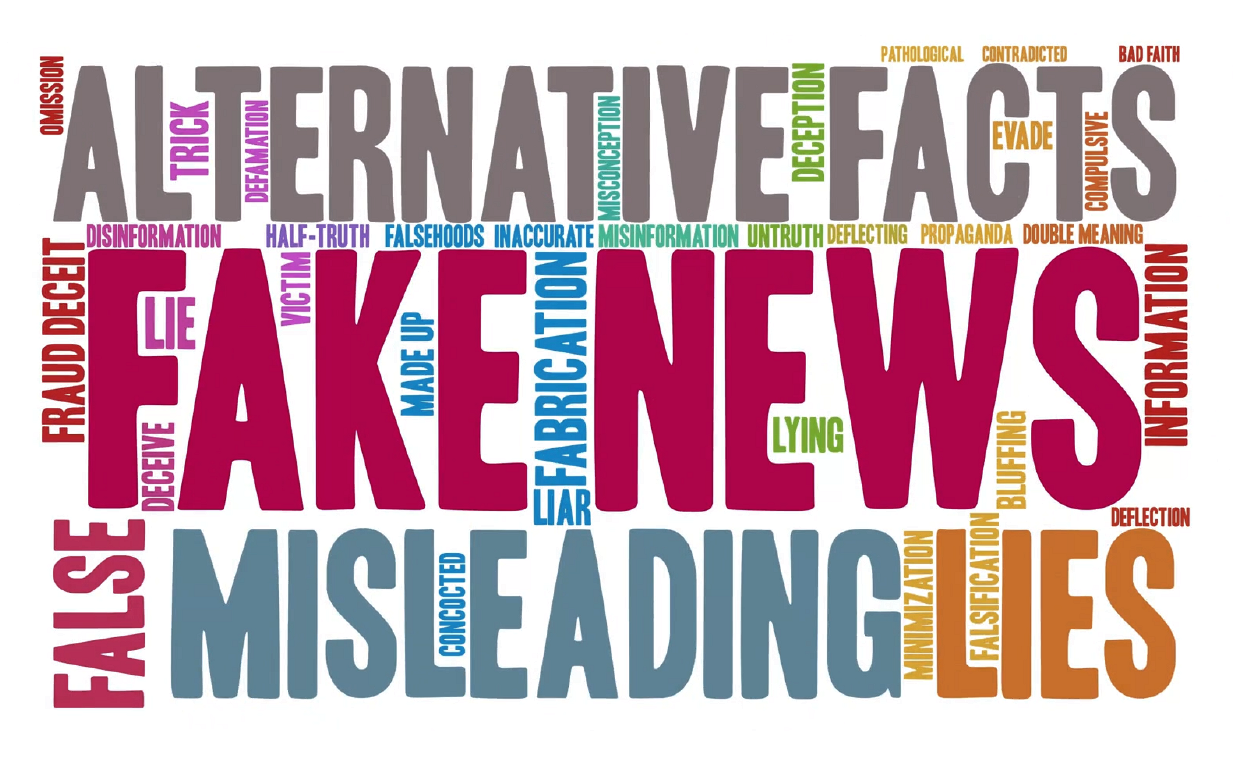 PHOENIX AZ (April 3, 2012) – The State Bar of Arizona issued a set of frequently asked questions (FAQ) today to provide an awareness and understanding of the process behind the investigation, hearing, and potential disciplinary action associated with the Thomas, Aubuchon, and Alexander case. The findings of the Discipline Hearing Panel will be released at a hearing on April 10, 2012.
PHOENIX AZ (April 3, 2012) – The State Bar of Arizona issued a set of frequently asked questions (FAQ) today to provide an awareness and understanding of the process behind the investigation, hearing, and potential disciplinary action associated with the Thomas, Aubuchon, and Alexander case. The findings of the Discipline Hearing Panel will be released at a hearing on April 10, 2012.
The State Bar of Arizona serves the public and enhances the legal profession by promoting competency, ethics and professionalism of its members and enhancing the administration of Justice. The Arizona Supreme Court has oversight of the State Bar, however, the State Bar is not a government organization. It is supported through member dues and not taxpayer dollars. The Supreme Court adopts professional standards, which practicing attorneys in Arizona must adhere to and the State Bar investigates compliance with these standards.
The State Bar of Arizona does not sanction attorneys. The State Bar’s role in attorney discipline is investigation and prosecution. Sanctions come from the Supreme Court.
Frequently Asked Questions:
- Why did the State Bar investigate Andrew Thomas, Lisa Aubuchon and Rachel Alexander? The Bar chose to initiate an investigation as a result of complaints it received from the public as well as information that came from a February 24, 2010 ruling by Arizona Superior Court Judge John Leonardo. In a letter dated March 2, 2010, Bar CEO/ED John Phelps asked the Supreme Court to consider an outside investigator to avoid any potential conflict of interest. As a result, Colorado Supreme Court Regulation Counsel John Gleason was appointed by Arizona Supreme Court Chief Justice Rebecca Berch to handle the case.
- What are the charges? The formal complaint listed 33 separate ethical violations ranging from conflict of interest to prosecutorial misconduct and abuse of the RICO suit process in an effort to burden and embarrasses political adversaries. Individually, Thomas faces 30 charges, Aubuchon 28 charges and Alexander 7 charges. The formal complaint, along with other documents related to this case, can be found at http://www.azcourts.gov/mediaroom/HighProfileCaseUpdate.aspx
- How long did the hearing last? The hearing, which started September 12, 2011, covered 26 court days and ended on November 2, 2011. It was held at the Arizona Supreme Court, located at 1501 W. Washington Street, Phoenix Arizona. Archived video of the hearing is available on the Supreme Court’s web site (http://azcourts.gov/pdj/VideoPage.aspx).
- How much money has been spent on the investigation? As of March 27, 2012, the investigation has cost the Bar $577,467.78. By court rule, the State Bar is responsible for the cost of the investigation. That expense is covered by State Bar dues, no tax money has been used to pay for the investigation. Depending on the outcome, a portion of the costs and expenses of the investigation may be recovered by the State Bar from sanctioned attorneys.
- Who heard the case? Disciplinary hearings were presided over by a three -member hearing panel. One member is the Presiding Disciplinary Judge, who is an employee of the Arizona Supreme Court, and the other two members are volunteers from the community. Panel volunteers are not compensated for their participation as a hearing officer. This panel consists of Presiding Disciplinary Judge William O’Neil, Scottsdale attorney Mark Sifferman, and the Reverend John C.N. Hall, who is the rector of an Episcopal church in Chandler. Sifferman and Reverend Hall are volunteers. The panel determines if there were violations of the Rules of Professional Conduct, and if so, it also determines the appropriate sanctions.
- What are the possible sanctions? Should it be determined that the lawyers have violated the Rules of Professional Conduct, they could each face sanctions, including:
Reprimand – The attorney may continue to practice law.
Suspension – The attorney is prohibited from practicing law during the suspension period. Length of suspension may range up to five (5) years. Suspensions lasting six months and a day or greater require the attorney to apply for reinstatement to the Court and show rehabilitation. Suspensions generally take effect 30 days from the final discipline order and may be stayed until an appeal is complete.
Disbarment – The attorney is prohibited from practicing law. The attorney may apply for reinstatement after five (5) years. The attorney is required to pass the bar exam and show rehabilitation.
Less serious sanctions, such as admonition and probation, are also available.
Traditionally, the imposition of sanctions has been guided by the American Bar Association Standards for Imposing Lawyer Sanctions. An abridged version (lacking commentary) is available at:
- Can the Disciplinary Panel’s decision be appealed? While the Disciplinary Panel’s decision is considered final, either side can choose to appeal the outcome. The appeal is heard and decided directly by the Supreme Court. In most cases sanctions are delayed until after the appeal; however, that is at the discretion of the court.
- Did the State Bar’s Board of Governors influence the case? No, the State Bar’s Board of Governors has no direct involvement in lawyer regulation and cannot direct action on any case. The only way to initiate a formal case against a lawyer is by a probable cause order authorizing the filing of a formal complaint. At the time the Thomas/Aubuchon/Alexander case advanced through the system only one probable cause panelist was needed to make a determination about whether probable cause existed to move forward with a formal complaint. The Supreme Court appointed former Justice Charles E. Jones to act as the independent Probable Cause Panelist who ultimately entered an order authorizing the filing of a formal complaint against Thomas/Aubuchon/Alexander.
If you wish to view documents in this case:
http://www.azcourts.gov/mediaroom/HighProfileCaseUpdate.aspx
The State Bar of Arizona is a non-profit organization that operates under the supervision of the Arizona Supreme Court. The Bar includes approximately 16,775 active attorneys and provides education and development programs for the legal profession and the public. Since 1933 the Bar and its members have been committed to serving the public by making sure the voices of all people in Arizona are heard in our justice system.


